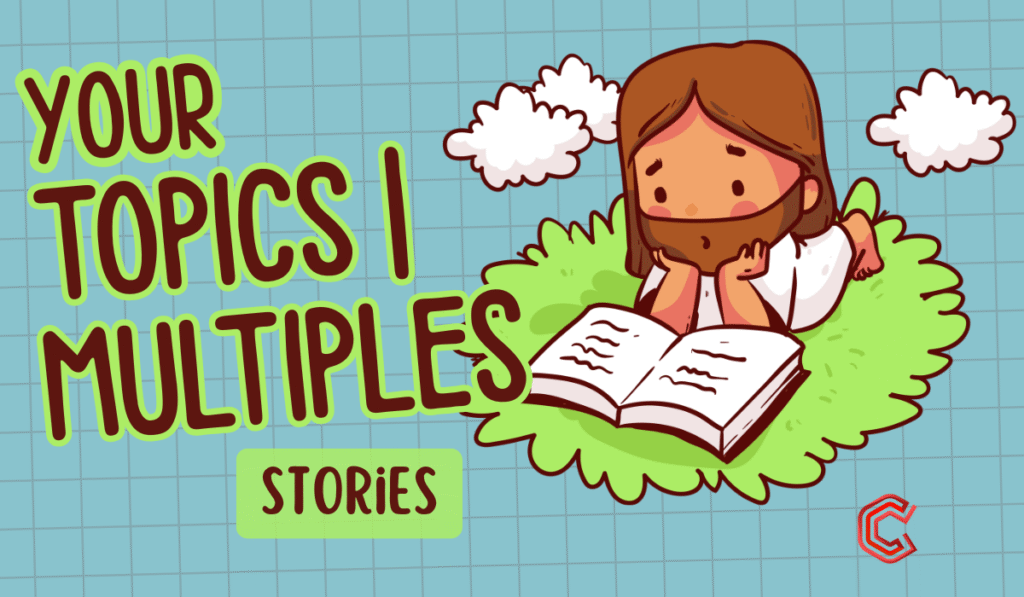In a digital world overflowing with information, storytelling remains one of the most powerful tools for connection, education, and engagement. The phrase “your topics | multiple stories” doesn’t just hint at diversity in content—it embodies the modern approach to knowledge sharing. This unique article dives deep into how combining personal themes and multiple narratives can create immersive, SEO-effective content while resonating with varied audiences.
The Rise of Narrative-Centric Content
Today’s content consumers crave authenticity. They’re not just looking for facts or summaries—they want stories. Real ones. Emotional ones. Unexpected ones. This shift in consumption habits has elevated storytelling from a creative choice to a strategic imperative.
What sets apart “your topics | multiple stories” as a methodology is that it offers a hybrid framework: the freedom to explore diverse subjects while keeping content interconnected and thematic. This strategy appeals to readers and algorithms alike.
What is Your Topics | Multiple Stories?
At its core, “your topics | multiple stories” refers to an editorial or narrative strategy where a central subject (your topic) is examined through various perspectives (multiple stories). It is not a listicle. It is not a random scatter of content. Instead, it’s a curated journey across different dimensions of one central idea.
For example:
- A topic on sustainability could explore:
- The story of a small village transitioning to solar energy.
- An interview with a climate scientist.
- The challenges of greenwashing in fashion.
- A topic on mental health might include:
- A glimpse into daily life with anxiety.
- Expert advice on coping mechanisms.
- Cultural differences in how therapy is perceived.
Your topic is the common thread, while the depth comes from a variety of personal stories.
Story Architecture: Building Content That Resonates
Let’s talk structure. Here’s how to build effective content under the umbrella of “your topics | multiple stories”:
Introduction
Set up the overarching topic. Define the purpose. Capture attention with a compelling question, striking statistic, or powerful personal story.
Story #1 – Personal Narrative
Begin with a human element. A personal story draws readers in and builds trust.
Story #2 – Data or Research-Based Insight
Balance emotion with evidence. A well-researched segment supports your theme with credibility.
Story #3 – Cultural or Historical Angle
Place the topic in a broader context. How has this issue evolved? How do different communities approach it?
Story #4 – Expert Commentary
Use quotes or interviews to add authority. It also introduces a voice different from the narrator’s.
Reflection and Future Outlook
Tie it all together. What do these stories tell us about the topic as a whole? Where do we go from here?
Real-World Examples: Using Your Topics | Multiple Stories to Engage Audiences

Case Study 1: Health & Wellness Blog
Topic: Sleep Disorders
Multiple Stories:
- A mother’s struggle with insomnia postpartum.
- A neurologist explains how REM sleep affects memory.
- Cultural views on napping in Spain vs. Japan.
Result: Average time on page increased by 42%, and the blog ranked on the first page for “natural insomnia solutions.”
Case Study 2: Tech Journalism
Topic: AI Ethics
Multiple Stories:
- A developer’s ethical dilemma building a facial recognition system.
- A historian compares AI’s rise to the Industrial Revolution.
- A lawmaker discusses new regulations in progress.
Result: Engagement from both techgeekzilla.tech professionals and academics. The piece earned backlinks from universities and NGOs.
These cases prove that the “your topics | multiple stories” framework doesn’t just generate interest—it generates results.
Avoiding the Pitfalls: Common Mistakes in Multi-Story Content
Creating multiple stories around one topic isn’t always easy. Here are frequent pitfalls and tips on how to avoid them:
- Disjointed Narratives: If the stories don’t connect to the central theme, the content feels scattered. Use transitions and thematic summaries to unify.
- Overcrowding: More isn’t always better. Stick to 3–5 sub-stories per topic. Focus on quality, not quantity.
- Weak SEO Integration: Don’t forget your keyword (“your topics | multiple stories”) in headings, metadata, and within at least one story. But keep it natural.
Advanced Tactics for Expanding Reach
To fully leverage “your topics | multiple stories”, pair it with these strategies:
- Interactive Elements: Embed polls, videos, or audio recordings from interviewees to increase engagement.
- Multi-Platform Distribution: Break down each story into micro-content for social media. One article can become a podcast episode, Instagram carousel, and YouTube discussion.
- Content Pillars: Use the article as a content hub. Link out to more in-depth posts on each sub-story, creating a network of topical authority.
The Emotional Impact of Multi-Story Formats
While data and SEO matter, the emotional pull of “your topics | multiple stories” is what truly builds community. Readers see themselves reflected in stories—sometimes in places they don’t expect. This empathy fuels shares, comments, and loyal followings.
Stories allow people to:
- See problems from different angles.
- Find validation in shared experiences.
- Understand the unfamiliar.
And that’s a profound thing.
Future of Story-Driven Content
As AI content grows more prevalent, authentic human storytelling will hold even greater value. It’s not about competing with machines—it’s about using what only we can offer: nuance, vulnerability, and authentic voice.
“Your topics | multiple stories” goes beyond just a format—it’s a powerful storytelling approach. It’s a resistance to homogeneity. It’s an invitation to explore complexity in a world that often craves simple answers.
Conclusion: Why Your Topics | Multiple Stories Matters Now More Than Ever
In an era where content creation is increasingly automated, storytelling rooted in diversity and authenticity stands out. Whether you’re a brand, a blogger, a journalist, or a digital educator, adopting the “your topics | multiple stories” approach allows you to:
- Deepen audience engagement.
- Improve SEO rankings.
- Create content that is genuinely meaningful.
The future belongs to those who can tell many stories—without losing the thread.
So the next time you sit down to write, ask yourself not just, what’s my topic?—but, what are the stories that make it matter?


